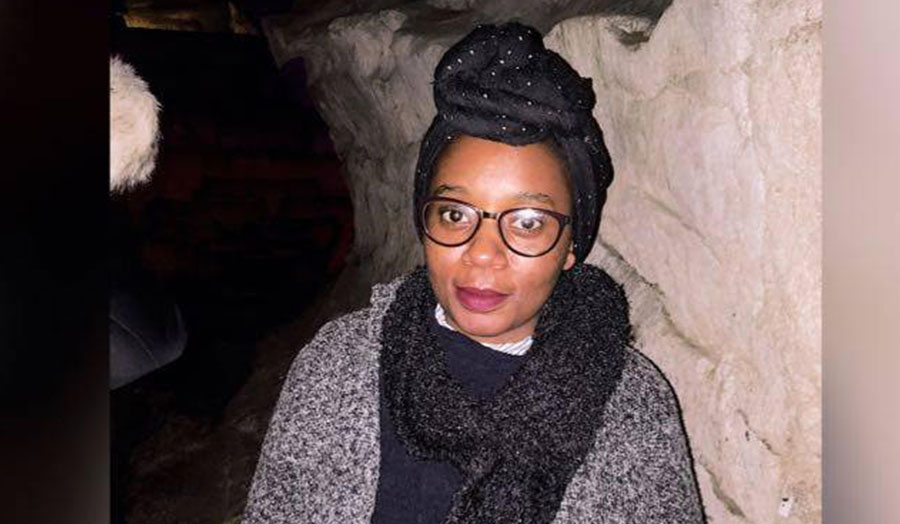Brighton-based diversity and inclusion coordinator Nyasha Maposa talks through her experiences of studying for a PhD at a distance – and how she's been able to deal with the sometimes solitary nature of her research work into women's studies.
Can you tell us a bit about your background and what led you to research women’s studies?
I did an undergraduate degree in international relations and politics and in my last year I took a module on gender, power and sexuality. From then on, I just knew this was an area I wanted to be involved in. I went on to do a master's in Gender, Violence and Conflict at the University of Sussex, which further ignited my interest in the area.
What made you choose London Met in particular?
I chose London Met as it seemed like a very diverse university with a lot of people from various parts of the world. I also chose London Met as I really wanted to do my PhD with the Child and Woman Abuse Studies Unit (CWASU). I was really impressed with the research the unit had done in past years and it seemed very much in line with my research interests.
Can you explain a little more about your particular area of research?
So I am curious as to why the rates of gender-based violence (GBV) in a township called Diepsloot in South Africa are particularly high in relation to other areas in the country. I am interested in understanding the possible relationship between various forms of structural violence and interpersonal violence in this context.
What would be your ideal outcome with your research?
The ideal outcome would be to further knowledge in the way in which gender-based violence is understood in Diepsloot. From a more selfish perspective, the ideal outcome would also be to satiate my curiosity on this topic – as I think a lot of what has led me to do this research on this topic is genuine curiosity.
How have you found your supervisors and the research facilities?
My supervisors have been great – they are very helpful and supportive. It's been really great to have access to their expertise as their feedback and advice has helped me see things in a different way and further refine my topic, and what it is I am looking to understand through my research.
In terms of research facilities, I began my research during the pandemic and I am based in Brighton, so have not really visited the campus as of yet actually. However I am planning to do so soon.
What’s been the most valuable aspect of the course so far?
The most valuable part has been the information I have learnt and how it has developed my thinking over these past few months. This has allowed me to develop new ideas.
How has Covid affected your study / work?
I started my research during COVID, so I cannot really compare doing a PhD during COVID and pre COVID. So I have not been affected that much. I guess one way I have been affected though is in terms of changing the way in which I'm going to conduct my research. I cannot go to South Africa – so I have had to be creative with how I am going to collect my primary data.
I understand you’re working as a client diversity and inclusion coordinator at Homestart East Sussex?
Yeah, so Homestart East Sussex provides services for first-time mums, survivors of domestic abuse and families. My role involves ensuring that everyone from any background or identity is able to access the services. It also involves eradicating any barriers that may be in place for individuals from diverse backgrounds trying to access our services.
Are you a member of any societies or activities at the University?
Yes, I am a member of the Postgraduate Research Society and it has been great. It's been really nice to have a group of like-minded individuals to speak to who are going through the same process of getting a PhD. I think PhD research can feel quite solitary at times – so it has been really invaluable to be a part of that society.
What’s the next step for you once the research is concluded?
I am not too sure at the moment, but I have always been very interested in working for a feminist think tank, as well as being involved in the development of policies pertaining to women’s rights on the African continent.

"My supervisors have been great – they are very helpful and supportive. It's been really great to have access to their expertise as their feedback and advice has helped me see things in a different way."
